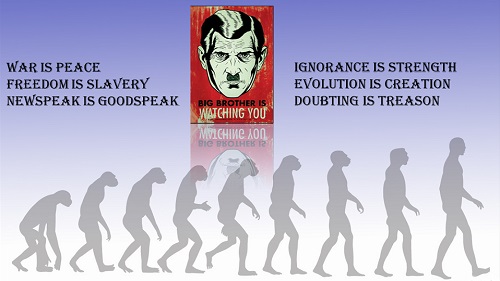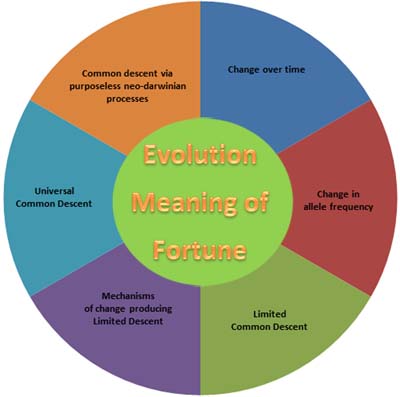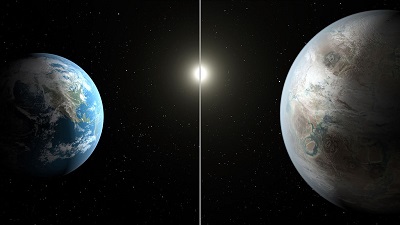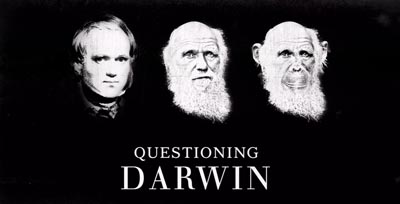With regards to origins, evolutionists and creationists don’t agree on much. The item of contention for today’s closer look: language. Creationists will tell you that God is the originator of language and gave man the ability to communicate via language as part of being made in the image of God. (Gen 1.27) For evolutionists, the origin of language is yet another unknown conundrum; one of the many things that evolutionists have no plausible theory to explain such as:
- the origin of life
- the origin of DNA and the coded information in it
- the origin of multi-cellular life from single celled creatures
- the non-directed specialization of cells that allow for the creation of specialized organs likes heart, lungs, etc.
- and the specialized, completely different but complementary organs for accomplishing reproduction through two different creatures; the organs making the individual either male and female – and when paired male and female, reproduction is accomplished.
All the above happened – according to evolutionists – without plan, direction or design. Add to the list “origin of language”. In spite of the lack of a coherent theory to explain any of this, evolutionists still cling to the merit-less theory of evolution. Continue Reading

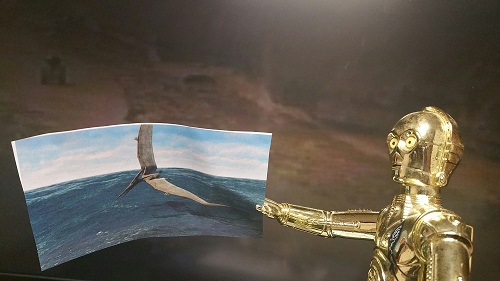
.jpg)


